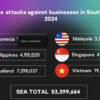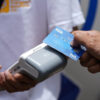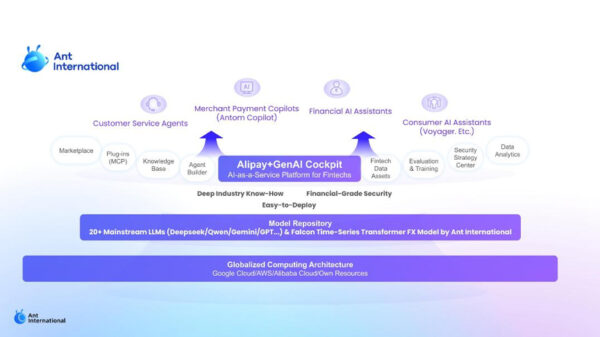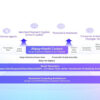FICO, a global provider of analytics software, announced further findings from its consumer fraud survey exploring attitudes and preferences towards fraud checks.
The study revealed that almost half of Filipinos are willing to commit fraud to obtain a loan or file an insurance claim. However, it also highlighted that financial institutions can generate increased revenue and drive sales through a successful fraud protection function.
Giving false information is considered acceptable by many
When asked about their attitudes to giving false information for financial or material gain – known in banking as first-party fraud – half of Filipinos supported these behaviors. Around 35 percent of respondents said there are circumstances when it’s OK to exaggerate income on a loan or mortgage application, while 15 percent thought it was normal to do so. The survey revealed similar proportions of consumers would exaggerate an insurance claim or add items to a claim.
“These findings underscore the importance of robust fraud prevention strategies that not only safeguard customers’ interests but also strengthen the bottom line of businesses,” said C.K. Leo. FICO’s lead for fraud, security and financial crime in Asia Pacific. “While many think that people should never take these fraudulent actions, the survey sheds light on the concerning willingness of almost half of Filipinos to commit fraud in pursuit of financial gain.”
This sentiment is consistent with Southeast Asian neighbors Thailand and Indonesia (50 percent), and interestingly even more pronounced in Malaysia where over 60 percent of the respondents said such behaviors are normal.
The results indicate that banks in the Philippines may be making inaccurate risk assessments as a result of false information on applications, potentially leading to financial losses from inflated insurance claims. Additionally, customers may not be aware that providing incorrect information on applications or claims is illegal.
“The economic situation, compounded by the increasing cost of living, has forced some Filipinos to take desperate measures to obtain credit and other means to make ends meet,” said Leo. “However, misrepresenting information constitutes fraud. Financial institutions can improve their ability to detect anomalies that suggest exaggeration or misstatement of information, enabling them to take positive action to safeguard against losses resulting from customers’ inability to repay. By doing so, they can also assist customers in avoiding regrettable paths.”
Fully leveraging data and analytics to drive fraud protection
Financial institutions frequently possess the evidence required to distinguish between fraudulent and legitimate applications. However, fraud teams are frequently unable to utilize this data because it is siloed. These inefficiencies result in inadequate fraud protection and compromise the customer experience. Banks prompt customers with arduous and time-consuming identity checks, resulting in increased costs and duplications that cause frustration for customers.
“In the competitive banking landscape of the region, having the wrong fraud strategy is expensive,” said Leo. “Successful fraud teams balance both fraud protection with the legitimate needs of customers. Taking a holistic approach to an applicant’s data will help the fraud team effectively distinguish between fraudulent and legitimate applications. The application of analytics and machine learning models will further bolster a bank’s defenses while generating higher levels of customer satisfaction.”
Conducted in late 2022, the report surveyed 1,000 people each in 14 countries: The Philippines, the USA, Canada, Brazil, Mexico, Colombia, Peru, Malaysia, Thailand, Indonesia, South Africa, Germany, the UK and Sweden.
















































































































